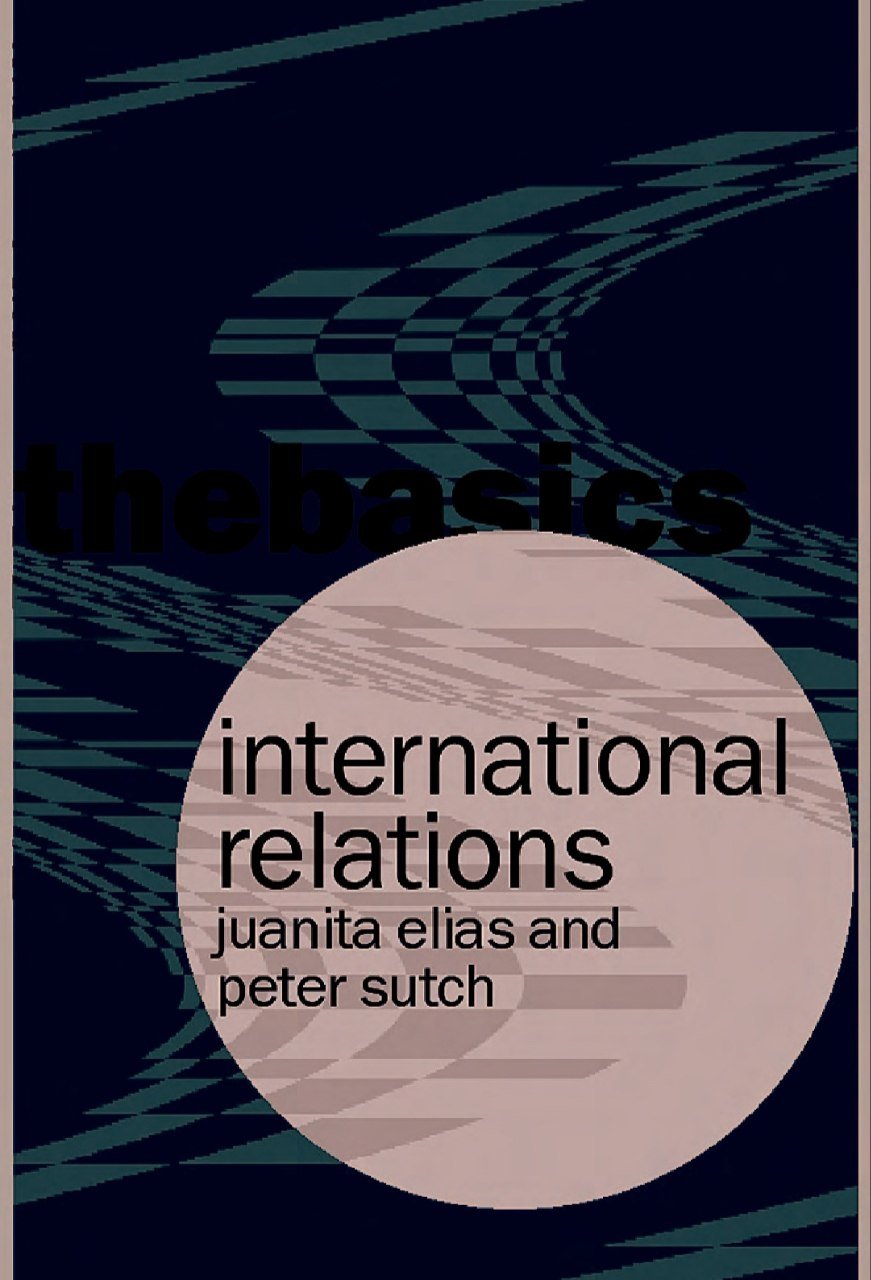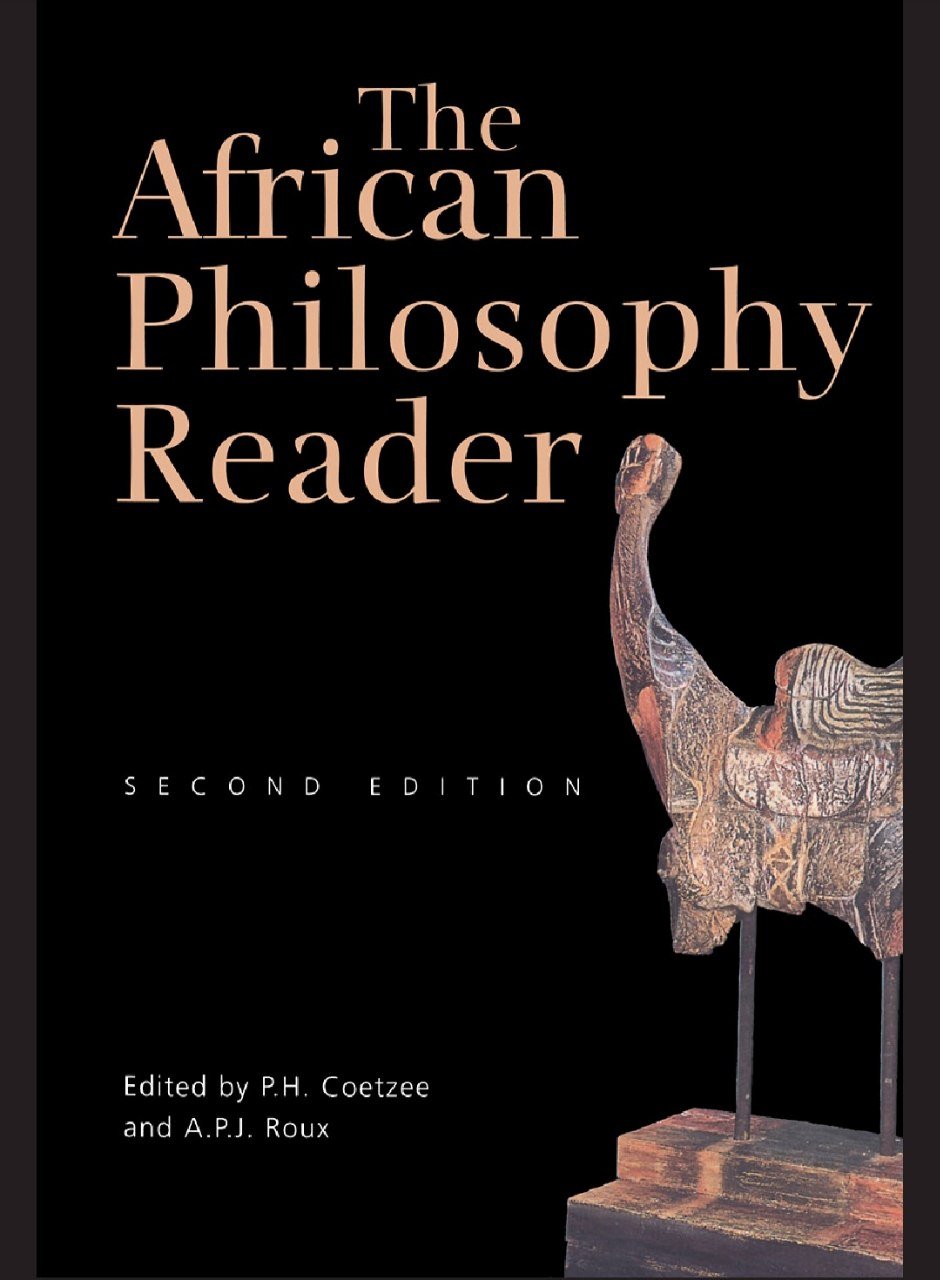

Sounding the Virtual: Gilles Deleuze and the Theory and Philosophy of Music
Reviews
No review yet. Be the first to review this book!
Description
Sounding the Virtual: Gilles Deleuze and the Theory and Philosophy of Music by Brian Clarence Hulse and Nick Nesbitt is a groundbreaking work that explores the intersection of philosophy, music, and Deleuze’s concepts of the virtual and the actual. The book applies Gilles Deleuze's philosophical ideas to the study of music, offering a fresh and innovative approach to understanding music through the lens of Deleuze’s theory of difference, becoming, and virtuality. The central argument of Sounding the Virtual is that music can be understood as a dynamic and creative force that operates within Deleuze’s framework of the virtual-actual distinction. The "virtual" is not a mere possibility or unrealized potential, but a dimension of existence that holds multiple realities, relations, and forces that can be actualized in different ways. Music, the authors argue, is one of the clearest examples of how the virtual can be actualized, where musical events, structures, and meanings emerge through the unfolding of virtual potentials. Hulse and Nesbitt use Deleuze’s concept of "the virtual" to examine how sound in music can be understood as more than just a physical phenomenon; it can be seen as an interplay of potentials that have yet to be realized. They explore how composers and musicians manipulate sound, rhythms, and structures to bring virtualities into actualization, producing new sonic realities. This approach challenges traditional notions of music as merely a form of expression or communication, arguing instead that it is a process of becoming—a movement between the virtual and the actual. The book also engages with Deleuze’s notion of "becoming," which emphasizes transformation, fluidity, and the idea that things are always in the process of change. Through this lens, the authors discuss how music constantly evolves, both within the composer's mind and in the listener's experience. Music does not simply reflect the world but participates in the creation of new worlds, new realities, and new ways of thinking and experiencing. Hulse and Nesbitt also explore how different genres, styles, and traditions of music can be understood through Deleuze’s ideas. They look at classical music, experimental music, and electronic music to show how each genre brings different virtualities into being. The work draws connections between music theory and the philosophy of sound, revealing how musical composition is not only a technical practice but a creative philosophical endeavor. Throughout the text, Sounding the Virtual is rich with interdisciplinary insight, integrating philosophy, music theory, cultural studies, and the study of sound. The authors examine the works of major composers and musicians—such as Arnold Schoenberg, John Cage, and Karlheinz Stockhausen—and explore how their approaches to music resonate with Deleuzian philosophy. They demonstrate how these composers' works can be seen as reflections of virtual states that challenge conventional understandings of music, sound, and structure. In conclusion, Sounding the Virtual offers a profound philosophical exploration of music through the concepts of Gilles Deleuze, presenting a novel framework for thinking about sound, music, and its potentialities. The book will appeal to scholars of philosophy, music theory, and cultural studies, offering a complex and thought-provoking analysis that expands the possibilities of how music can be understood as a virtual, dynamic, and transformative practice.






















.jpeg)



.jpeg)
.jpg)




















.jpg)




.jpg)



.jpg)
.jpeg)

.jpeg)

.jpg)









.jpg)

.jpg)


.jpg)
.png)
.jpeg)



























































